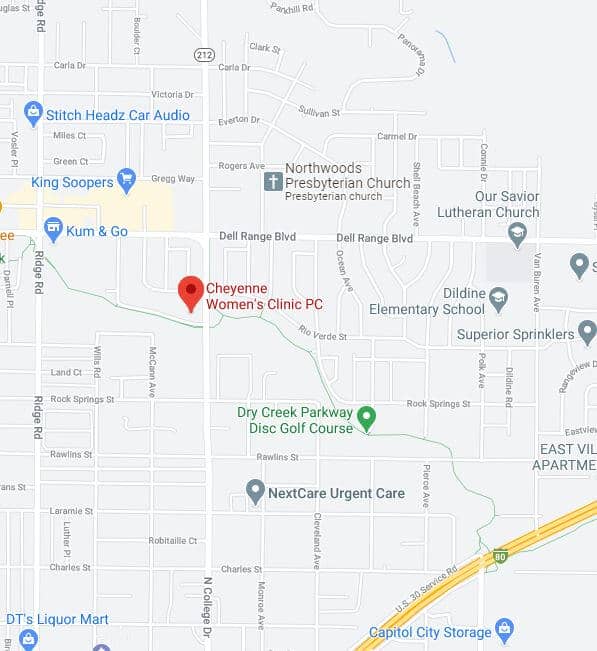Female sexual dysfunction is a general term to describe a problem with interest in or response to sex for a woman. Common causes include:
- Aging – A woman’s interest in sex often decreases with age. It’s a normal part of the aging process, but it can cause relationship problems if one partner is more interested in sex than the other.
- Hormonal changes – Changes in hormones throughout a woman’s life can change her interest in and her body’s response to sex. For example, decreased estrogen levels during menopause can cause vaginal dryness and lead to pain during sex (which may, in turn, cause her to be less interested in sex)
- Stress and anxiety
- Relationship problems
- Illness, including depression
- Past negative sexual experiences
Types of Sexual Dysfunction Problems
Sexual dysfunction problems for women typically fall into four groups, and the issues within the groups may overlap:
Desire problems – Lack of desire is the most common sexual problem that women report. For some women, this is normal, and they may not feel like they want to have sex until they start to become aroused. Lack of desire is considered to be a problem when a woman:
- Doesn’t have any (or very few) sexual thoughts or fantasies
- Doesn’t want to engage in any kind of sexual activity
- Is worried or concerned about her lack of desire
- What to do:
- Try to resolve concerns and stresses about your relationship with your partner and misunderstandings about sex
- Focus less on intercourse and more on being intimate with your partner
- Make time for sex and focus on the enjoyment of being together
Arousal problems – Arousal is the description of the physical and emotional changes that occur as the result of physical stimulation. Arousal difficulties can result from physical issues, such as medications, alcohol, smoking, illegal drug use, and medical conditions. They can also result from emotional issues, such as anxiety, stress, problems with your partner, and past negative sexual experiences.
- What to do:
- Be well rested when you think you might have sex
- Increase the time you spend on foreplay
- Try a vaginal lubricant to help with dryness
- Do Kegel exercises (contract and relax your pelvic muscles)
- Don’t smoke
Orgasmic problems – Not having an orgasm during sex may not be a problem. Many women enjoy the closeness of sex with their partner without needing to have an orgasm. But other women may feel it’s a problem and may want to find a solution. They may have never had an orgasm or had them at one time and now they don’t. It is common for women who don’t have orgasms to also have arousal problems, which may be tied to poor body image, fear of losing control, or distrust of her partner.
- What to do:
- Increase sexual stimulation
- Try sex toys
- Use mental imagery and fantasy
Painful sex – Nearly 75% of women have had pain during sex at some point in their lives. There are many different causes – if you have it frequently or if it is severe, talk to your provider to try and determine the cause.
- What to do:
- Try different positions or sexual activities that don’t involve intercourse
- Allow plenty of time for arousal
- Use a vaginal lubricant
- Empty your bladder before sex
- Take a warm bath
How to Talk to Your Provider
If you have tried the tips above and they didn’t help, talking to your provider may be a good next step. Try opening the conversation with statements or questions like these:
“I am having some concerns about my sex life.”
“I don’t like to have sex like I used to.”
“I have been feeling depressed recently and my partner complains that I never want to have sex.”
“I have been having trouble with intimacy lately. What can I do?”
“I am just not interested in sex. Do you have any advice?”
“Getting older has affected my love life. Is there a fix?”
He or she will listen to your sexual dysfunction symptoms and work with you to figure out the best treatment. Call us at 307.637.7700 to make an appointment.







